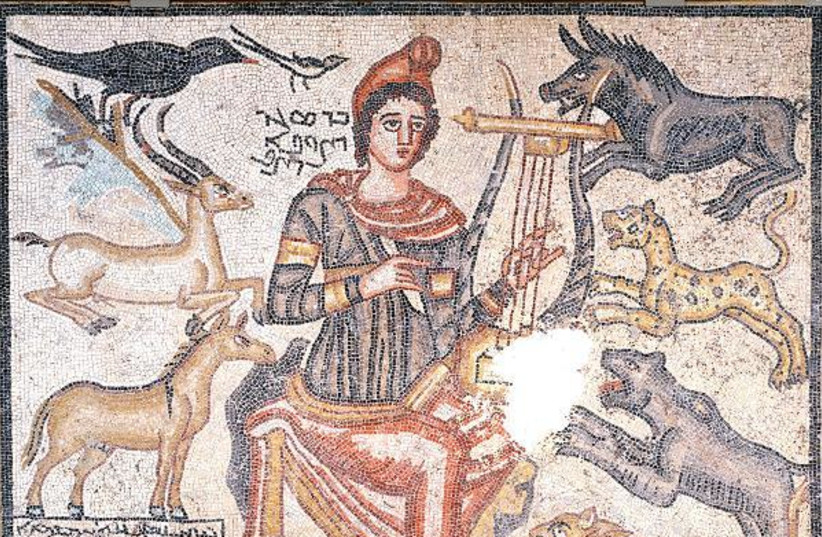Excavations of a 2nd century BCE burial site in Italy provide novel insight into the mysterious Etruscan identity that endured the Roman conquest of Etruria, in part thanks to their persistent traditions.
The findings, which were made in the southern region Tuscany, were published in a new paper by a University at Buffalo expert in Roman archeology, according to a university press release.
The work analyzed grave goods (items buried along with the bodies) and burying rituals from the necropolis, one of the few sites untouched by looters in past or present times.
Archeologists determined that the Etruscan people not only survived Roman power, but so did their complex cultural, social and economic habits.

“The project is providing new pieces to the intricate puzzle of historical settlements in Etruria during the transitional period of the Roman conquest, their development into the imperial political system, the long late antiquity, and the rise of medieval society."
Alessandro Sebastiani
Tradition, tradition
The Etruscan traditions spanned over two centuries following the Roman ruling, shaping the region, until the area was ruined during the Social War between the Roman Republic and several of its autonomous allies in Italy.
“These findings show us how we should speak more of cultural and social osmosis rather than a subordination of one population to another,” said Alessandro Sebastiani, the paper’s author and assistant professor in the Department of Classics.
“The analysis reveals the interesting and sophisticated relationship between the Etruscans and the Romans, where the Etruscan communities are both surviving and adapting themselves into the Roman world,” he added.
“We opened three Late Etruscan tombs that were totally intact, which sheds new light on the societal representation of the families living and working in the village,” Sebastiani continued.
“Because these sites have been looted for gold, it’s quite rare to find one untouched, with all of the grave goods present after more than 2,200 years, including gold earrings, gold crowns, bronze rings with the representation of Hercules, iron strigils (a tool for cleaning the body) and fine pottery."
Researchers expressed that the project offers new pieces to the countless questions surrounding the puzzle of historical settlements in Etruria during the Roman conquest period.
Sebastiani said it offers insight into "their development into the imperial political system, the long late antiquity, and the rise of medieval society.”
"It's all very exciting," he concluded.
